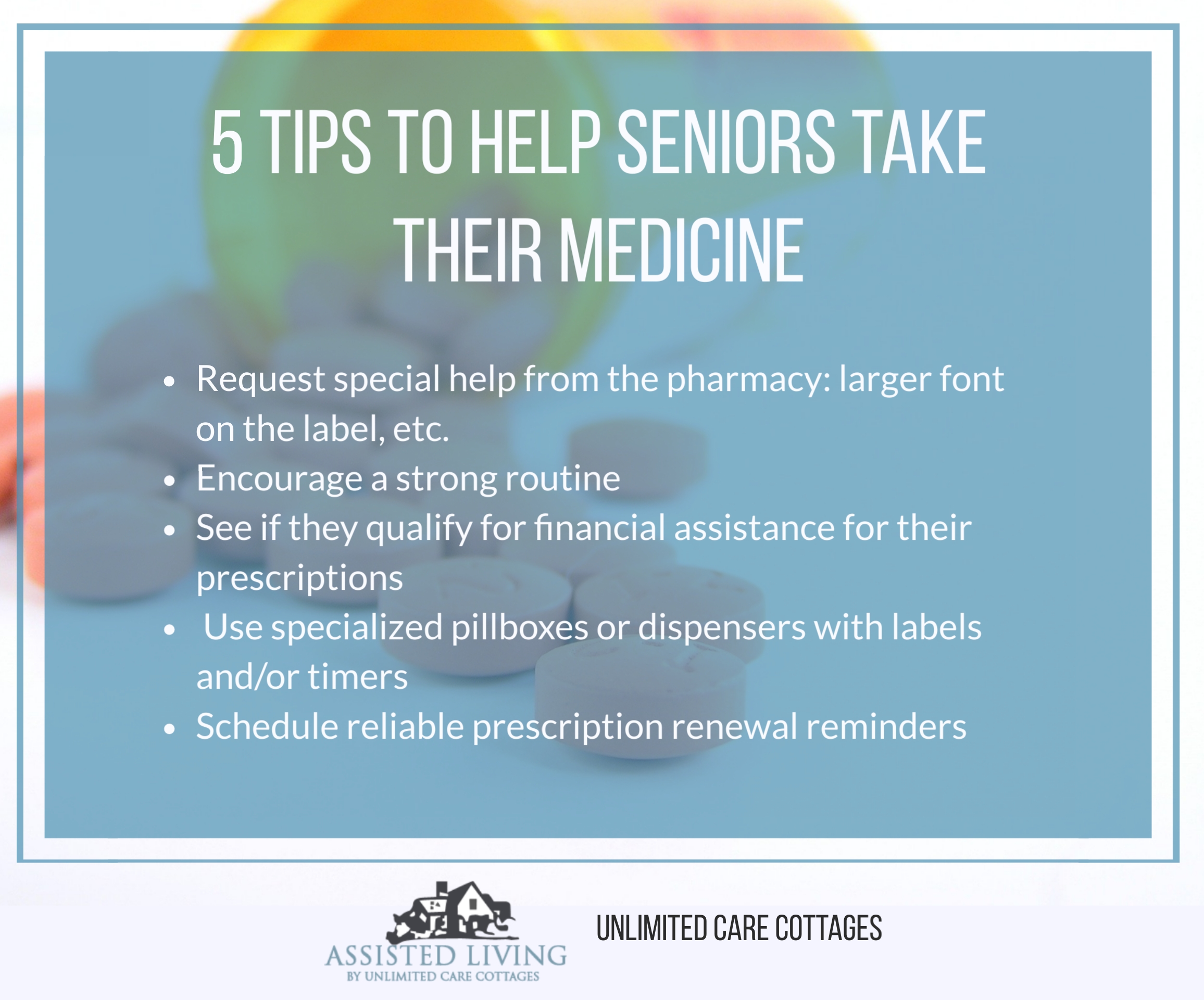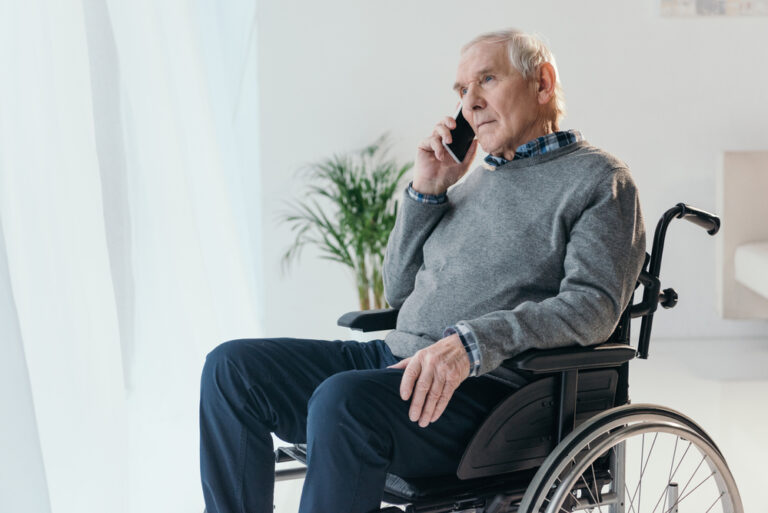Elderly Forgetting Medication: 5 Tips for Helping Patients Take Medications
[et_pb_section fb_built=”1″ admin_label=”section” _builder_version=”4.16″ global_colors_info=”{}” theme_builder_area=”post_content”][et_pb_row admin_label=”row” _builder_version=”4.16″ background_size=”initial” background_position=”top_left” background_repeat=”repeat” global_colors_info=”{}” theme_builder_area=”post_content”][et_pb_column type=”4_4″ _builder_version=”4.16″ custom_padding=”|||” global_colors_info=”{}” custom_padding__hover=”|||” theme_builder_area=”post_content”][et_pb_text admin_label=”Text” _builder_version=”4.16″ background_size=”initial” background_position=”top_left” background_repeat=”repeat” global_colors_info=”{}” theme_builder_area=”post_content”]
We can all forget to take our medicine from time to time. However, the elderly forgetting a medication prescribed to them could inflict serious health concerns. And with the all-too-common onset of Alzheimer’s or other forms of dementia, relying on memory alone isn’t enough. Let’s look at a few ways caregivers can make sure their patients or senior loved ones are taking the medicine they need.
[bctt tweet=”Elderly patients may forget to take their medications every time, which can lead to severe health problems. Here’s how caregivers can keep their patients healthy. #UnlimitedCareCottages #seniorcare” via=”no”]
How Caregivers Can Help
As a caregiver, your job is to keep your elderly patients and loved ones healthy and safe. One significant way of doing both is making sure they take their prescribed medications in the right amounts and at the right time. Here are a couple of tried-and-true solutions that could help your patients:
- Request special accommodations from the pharmacy
- Encourage good mental health
- Research financial assistance
- Use specialized dispensers or pillboxes
- Schedule reminders of the last dose
1) Request Special Accommodations from the Pharmacy
If your patient has vision problems, they may not be able to read the medication label or dosage instructions on their pill bottles. Ask their pharmacy to use large labels with clear fonts on their prescription pills to ensure they’re practicing safe medication management.
2) Encourage Good Mental Health
In the case of memory loss or dementia, it’s important to practice a medication regimen they’ll be able to stick to. Use a pill box or alarm clock to help set daily reminders. For more advanced memory problems, a daily caregiver might be necessary to help monitor their medication adherence and intake.
3) Research Financial Assistance
Many seniors are on a limited income and might be tempted to skip medications or make pills go further by cutting them in half. Fortunately, there are many supplemental prescription plans available to minimize the costs and provide long term financial assistance. Research the different options and make sure their preferred doctor and pharmacist is on the accepted list of health care providers.
Pro Tip: Depending on the prescription, it might adversely affect a senior’s health if their medication isn’t taken at the same time of day. Moreover, it’s vital for family caregivers to have a reminder system in place.
4) Use Specialized Dispensers or Pillboxes
If your older adult takes multiple medications, there is a chance that certain pills mixed with others could cause harmful side effects. Help your seniors by organizing their daily medications into a specialized dispenser or pillbox. By having their prescription medications planned out, you can minimize the risk of dangerous drug interactions,
5) Schedule Reminders of the Last Dose
From blood pressure regulation to pain relief, there are certain medications that could cause a senior’s body to react if not taken regularly. Set reminders to renew their prescription in advance of the last dose to ensure they won’t skip. Depending on your pharmacy, you might be able to set up automatic renewal for their convenience.
Managing Seniors’ Prescription Drugs
Senior patients may not want to admit they need help remembering to take their medication, but your assistance could be vital to keeping them healthy. Take the time to find out what each of your patients needs and how to help them remember their medication schedules. The side effects of missing too many doses or even overdosing are simply too severe to risk.
Join the conversation to see how other caregivers help their elderly patients.
[/et_pb_text][/et_pb_column][/et_pb_row][/et_pb_section]








